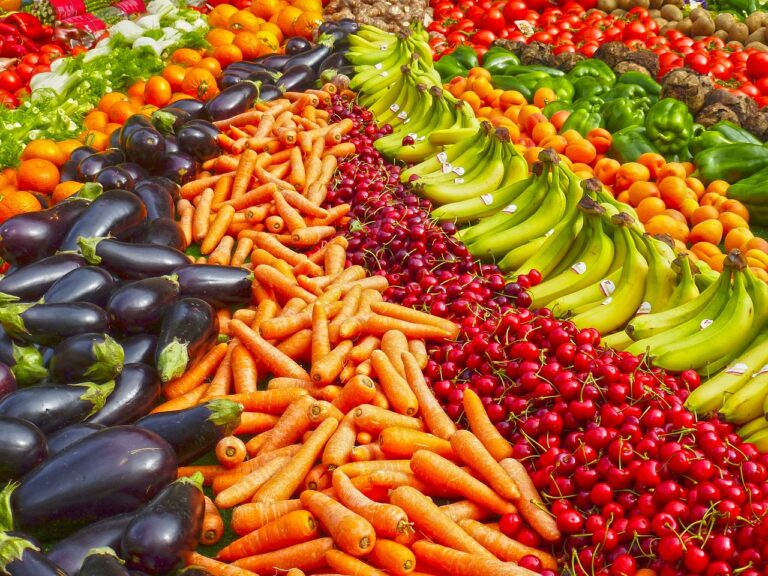Exploring the Market for Plant-Based Meat Alternatives: Sustainability and Health Trends
The market for plant-based meat alternatives is experiencing rapid growth, fueled by shifting consumer preferences towards more sustainable and healthy food choices. Companies in the food industry are investing heavily in research and development to create innovative plant-based products that closely mimic the taste, texture, and appearance of traditional meat. This has resulted in a wide range of plant-based options becoming more accessible to consumers, from burgers and sausages to chicken nuggets and meatballs.
Retailers and restaurants are also capitalizing on the rising demand for plant-based meat alternatives by incorporating these products into their menus and offerings. This trend is not only driven by the increasing popularity of plant-based diets among vegans and vegetarians but also by flexitarian consumers looking to reduce their meat consumption for health and environmental reasons. As a result, the plant-based meat market is projected to continue expanding and evolving to meet the diverse preferences of today’s conscious consumers.
The Rise of Plant-Based Protein Consumption
Plant-based protein consumption is on the upsurge as more consumers are seeking healthier and sustainable alternatives to traditional meat products. With a growing awareness of the environmental impact of meat production, many are turning to plant-based options as a way to reduce their carbon footprint and promote animal welfare.
Additionally, the rise in plant-based protein consumption can be attributed to the increasing availability and variety of plant-based products in the market. From plant-based burgers and sausages to vegan protein powders and dairy alternatives, consumers now have a wide array of options to choose from when incorporating plant-based proteins into their diets.
Consumer Demand for Sustainable Food Choices
The growing concern for sustainability within the food industry has led to an increase in consumer demand for sustainable food choices. People are seeking products that not only nourish their bodies but also have a positive impact on the environment. This shift in consumer behavior is driving food companies to prioritize sustainability in their product development and sourcing practices.
Consumers are becoming more aware of the environmental repercussions of their food choices and are actively seeking alternatives that support a more sustainable food system. This demand for sustainability has created opportunities for plant-based meat alternatives and other eco-friendly options to gain traction in the market. As consumers continue to prioritize sustainability in their food purchases, the food industry is adapting to meet these evolving preferences.
– Consumers are seeking products that are ethically sourced and produced
– Plant-based meat alternatives and eco-friendly options are gaining popularity
– Food companies are prioritizing sustainability in product development and sourcing practices
What are some market trends in plant-based meat alternatives?
Market trends in plant-based meat alternatives include the rise in popularity of products like Beyond Meat and Impossible Foods, as well as an increase in the availability of plant-based options at restaurants and grocery stores.
Why has there been a rise in plant-based protein consumption?
There has been a rise in plant-based protein consumption due to concerns about the environmental impact of animal agriculture, as well as growing awareness of the health benefits of a plant-based diet.
What is driving consumer demand for sustainable food choices?
Consumer demand for sustainable food choices is being driven by a desire to reduce carbon emissions, minimize waste, and support ethical and environmentally-friendly food production practices.







